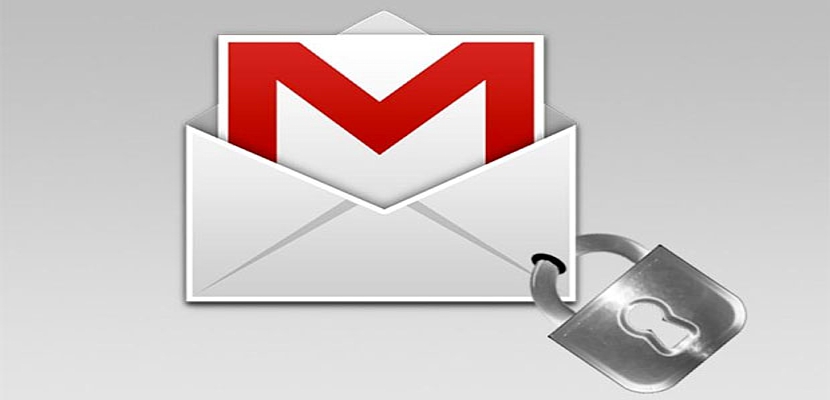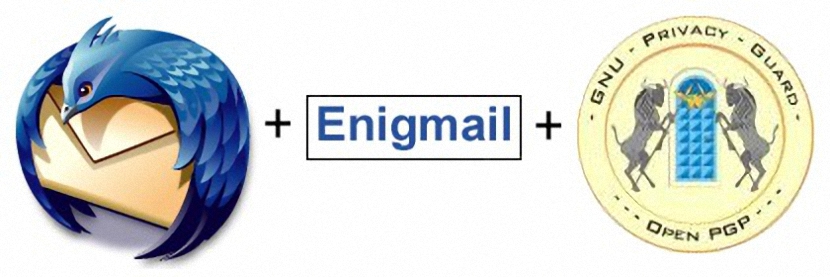
We have seen a large number of applications that help us strengthen the security and privacy of our computer, for example being the one we suggested above for make a specific folder invisible within Windows; later we tried another tool, which helped us to create a virtual drive that we could protect it by means of a password. If all this we have been able to do with the data stored on our hard drive Will we be able to encrypt emails easily?
If you were trying to find an application that could help you encrypt emails then this article is for you; now we will suggest a few tools that you can use completely free and with the sole objective of encrypting emails, a task that we should all do if we are suspecting someone who checks messages that we send or receive from our personal accounts.
1. Encrypt emails with Enigmail
Enigmail is one of the alternatives that we will suggest at this time, although it actually comes to be a dedicated extension for Thunderbird; to be able to encrypt e-mail messages in this client we must obviously have the application installed together with GnuPG so that it can work effectively with Enigmail; Although this extension works with Windows, Linux and Mac, its compatibility is limited to versions 17-27 of Thunderbird.
Anyway, if you use this email client you could use this add-on to start encrypting messages so that no one can see them at any time.
2. Mailvelope to encrypt messages from different email accounts
The extension we suggested above has the limitation of working only with Thunderbird, which is why we have investigated to try to find some other tool offering broader compatibility; we have met with Mailvelope, which is also an extension that you can install in both Google Chrome and Mozilla Firefox.
Regarding the compatibility with email accounts, this extension works perfectly well with Yahoo, Gmail, Outlook.com and GMX; once this plugin is installed, at the top a new button will appear that will allow us to encrypt the message that we are going to send to a specific recipient. Logically, our recipient should also have this plug-in installed if he wants to see the message unencrypted.
3. InfoEncrypt to encrypt messages from the web
If you don't want to install any kind of add-ons or extensions like those suggested above, then the alternative is found in the option we are dealing with right now.
You just have to head towards the official website of InfoEncrypt to start working on the stated objective; the interface that you will admire there, will allow you to write any type of message in the respective area; later you will have to enter a specific password (same that you must repeat in the other field) and then click on the button that says encrypt. You can copy and paste the generated text in your email client and thus send it to the final recipient.
Whoever receives our encrypted message will have to copy it to also go to the official website of this service, with the aim of decrypt everything we have sent you; logically you also have to send the password that we have used to encrypt these messages, because without it the message will simply remain inaccessible.
4. Encrypt messages with Crypt for Gmail
Because Google Chrome is one of the browsers that is gaining a large number of followers and followers, you may be one of them when it comes to working with it. If this is the case, then we recommend using the plugin called Crypt, to which you will have to add it to this Internet browser.
After configuring the add-on, every time you log into your Gmail account you will find a button that says "encrypt and sign" In the bottom right. This also becomes a very easy alternative to adopt when encrypting messages that we want to send via email to a specific contact.


